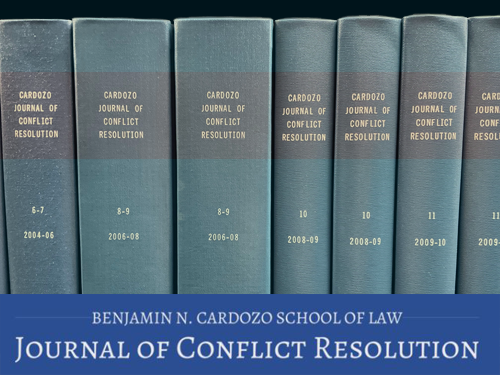Document Type
Blog Post
Publication Date
4-26-2022
Graduation Year
2023
Abstract
On November 4, 2021, the Occupational Safety and Health Administration (“OSHA”) issued an emergency temporary standard (“ETS”) mandating that businesses with over 100 employees ensure that their employees be vaccinated against COVID-19 or be tested weekly for the virus. The temporary regulation set off a whirlwind of litigation from business groups and several state attorneys general. The cases were consolidated and received different rulings from the Fifth and Sixth Circuits, leading the U.S. Supreme Court to step in. In a per curium opinion (“NFIB case”), the Supreme Court found that a statute on workplace hazards did not justify a mandate that would have required more than eighty million workers to be vaccinated against the coronavirus or be tested weekly. The Court also stressed the broad reach of the mandate. The majority opinion noted that Congress had not authorized the agency to create a mandate that “draws no distinctions based on industry or risk of exposure to COVID-19,”adding that it was “a significant encroachment into the lives—and health—of a vast number of employees.” However, the majority said that more tailored regulations may be lawful, given that “most lifeguards and linemen face the same regulations as do medics and meatpackers.”
This post was originally published on the Cardozo Journal of Conflict Resolution website on April 26, 2022. The original post can be accessed via the Archived Link button above.
Recommended Citation
Snider, Avraham, "Regulatory ADR for a Consensus Vaccine Standard" (2022). Cardozo Journal of Conflict Resolution (CJCR) Blog. 34.
https://larc.cardozo.yu.edu/cjcr-blog/34



